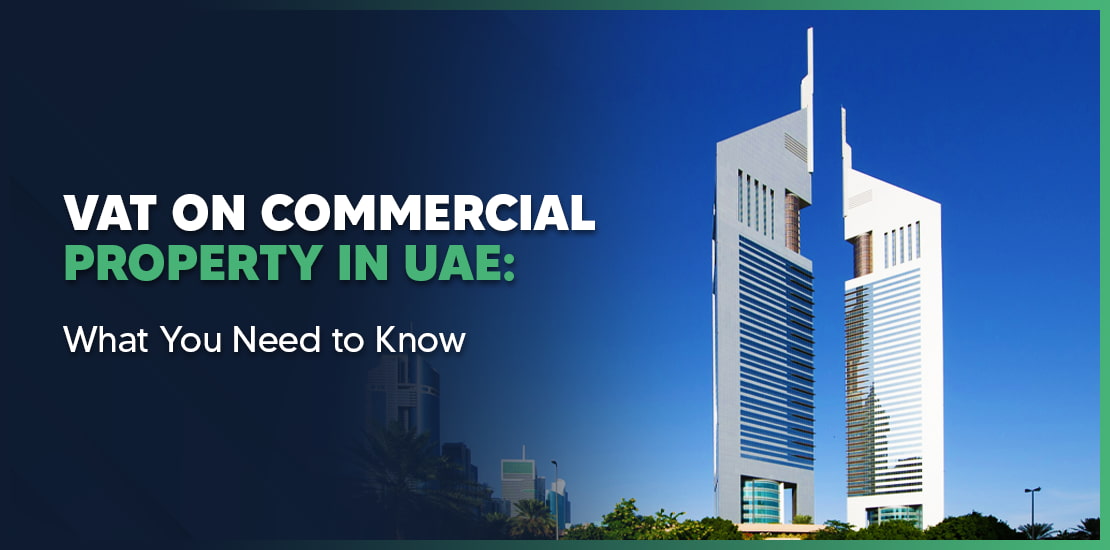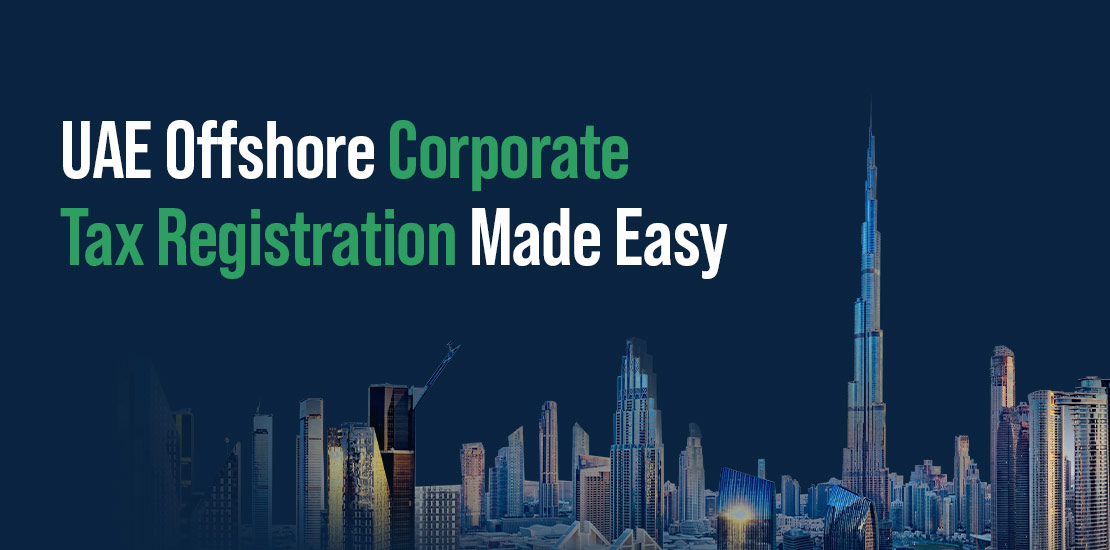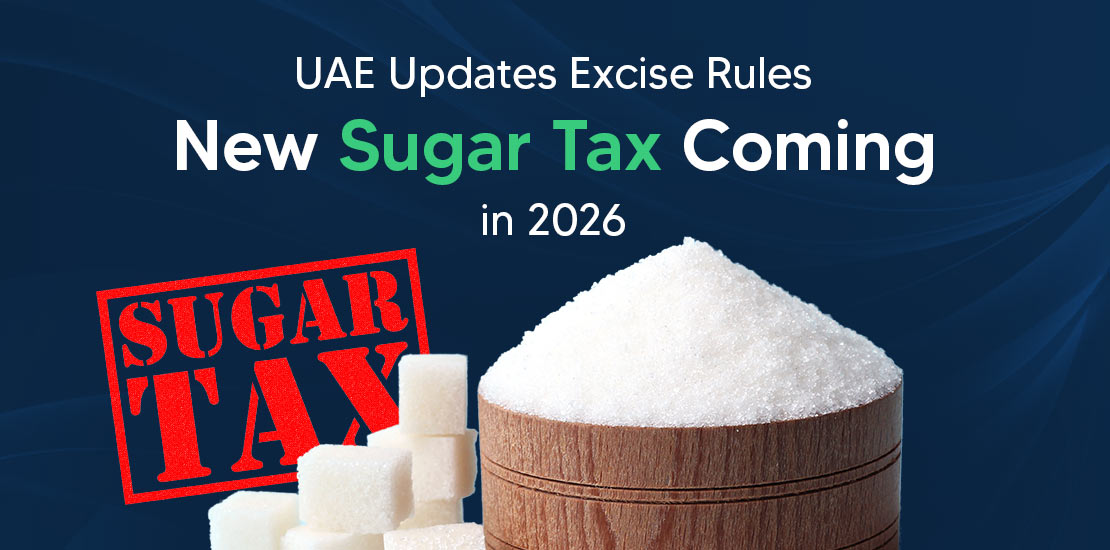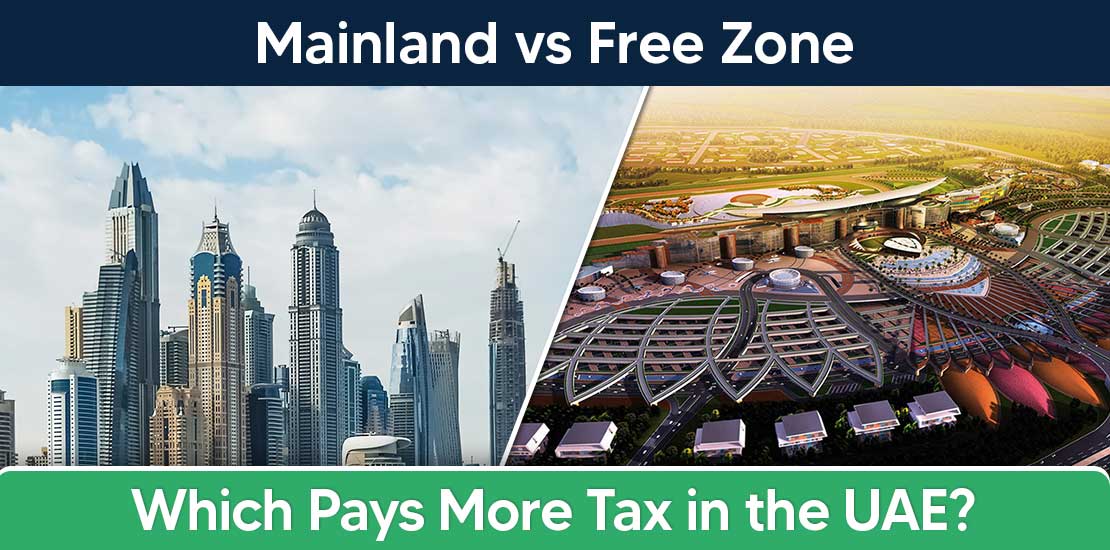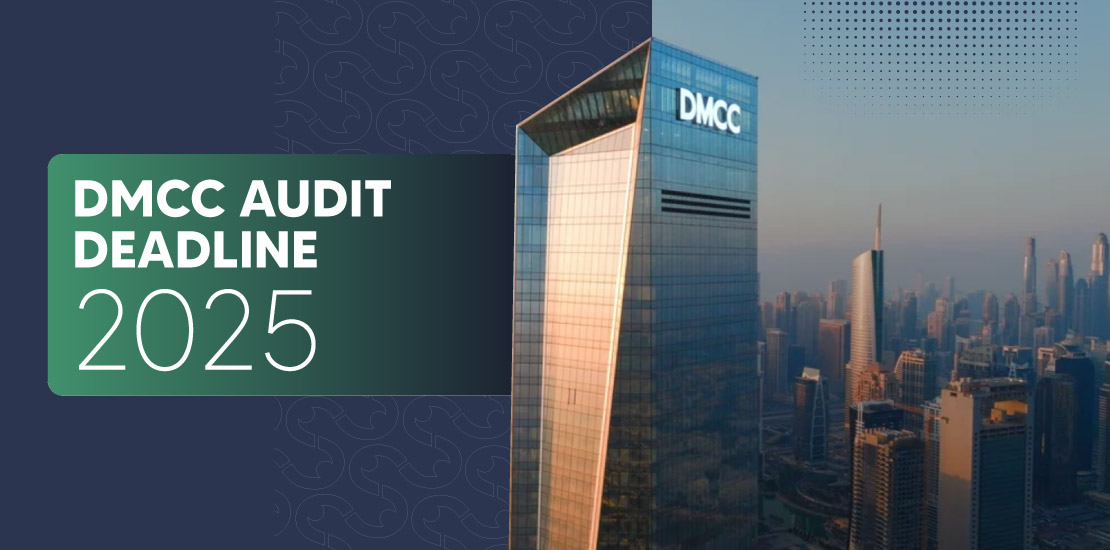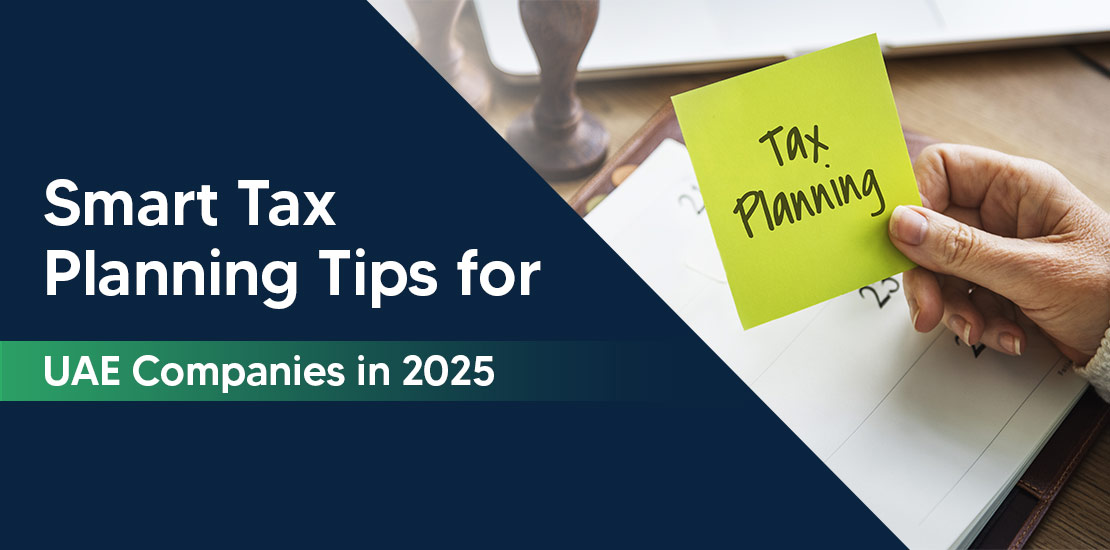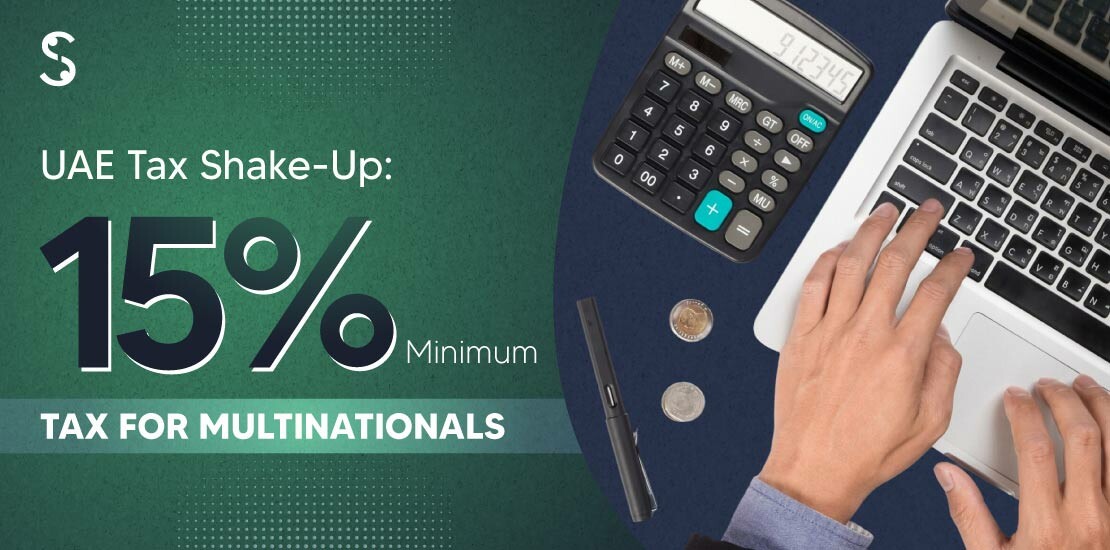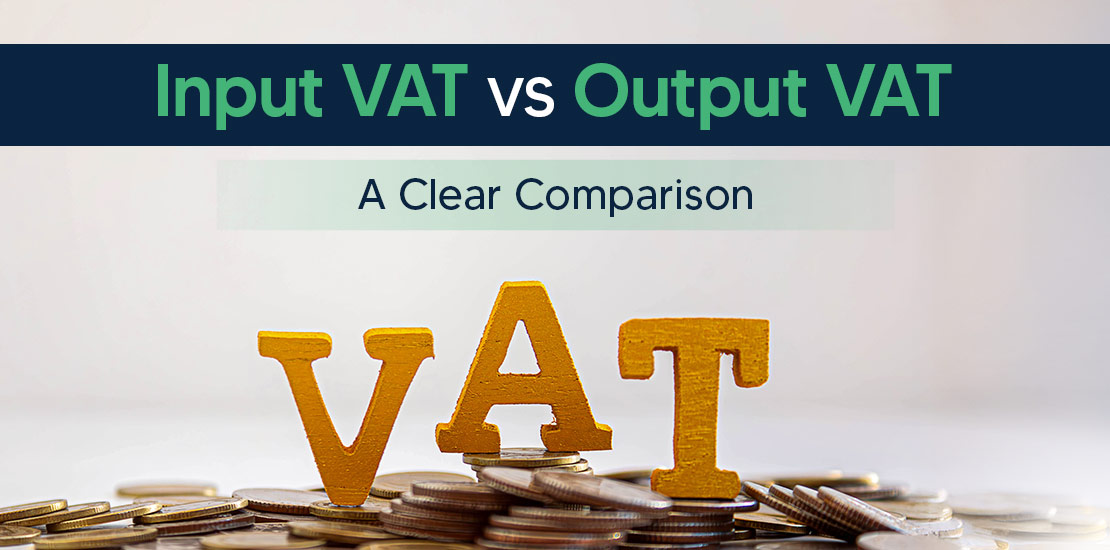Table of Contents
- What is VAT Registration in the UAE?
- Types of VAT Registration
- Understanding Commercial Property for VAT Purposes
- VAT-Applicable Transactions on Commercial Property
- VAT on the Lease of Commercial Property in UAE
- VAT Registration Requirements for Landlords
- VAT Payment Process for Buying Commercial Real Estate in UAE
- VAT Deregistration for Commercial Properties
- Obligations of Commercial Property Owners and Tenants
- How Shuraa Tax Can Help with VAT on Commercial Property in UAE
- FAQs
Understanding VAT on Commercial Property in UAE is essential for businesses and property investors operating the UAE’s real estate market. The UAE’s introduction of Value Added Tax (VAT) 2018 significantly changed commercial real estate transactions. VAT is now applicable on the sale, lease, and particular services related to commercial properties.
Let’s break down the basics, making it easy to grasp how VAT affects commercial property dealings, the registration process, and the responsibilities of property owners and tenants.
What is VAT Registration in the UAE?
VAT registration is the process that allows businesses to legally collect VAT on taxable goods and services on behalf of the UAE government. Commercial property transactions fall under the VAT regulations and attract a 5% VAT rate. Businesses need to register for VAT if they meet the turnover threshold requirements.
Types of VAT Registration
There are mainly two types of VAT registration in UAE, they are as follows:
- Mandatory Registration: Required if a business’s taxable supplies exceed AED 375,000 annually.
- Voluntary Registration: Available for businesses with taxable supplies or expenses above AED 187,500 annually but below the mandatory threshold.
Understanding Commercial Property for VAT Purposes
In the UAE, commercial property refers to any property not intended for residential use. Examples include offices, shops, hotels, warehouses, and factories. Unlike residential property, which is typically VAT-exempt or zero-rated. VAT on commercial property in UAE applies to both sales and leases which makes it crucial for owners and tenants to understand their obligations.
VAT-Applicable Transactions on Commercial Property
Understanding VAT on commercial property transactions is essential for businesses to ensure compliance and avoid unexpected costs.
- Sales and Leases: Both the sale and lease of commercial property are subject to VAT at 5%.
- Related Services: Maintenance, utility charges, and real estate agent fees associated with commercial property also attract VAT.
VAT on the Lease of Commercial Property in UAE
Landlords must charge 5% VAT on rent when leasing commercial real estate. The VAT cost typically falls on the tenant, who pays it on top of the rent. For example, if annual rent is AED 200,000, an additional AED 10,000 (5%) would be charged as VAT.
VAT Registration Requirements for Landlords
Landlords who lease commercial properties must register for VAT if their taxable income (including rent and related services) exceeds AED 375,000 within the last 12 months. Registered landlords can also recover VAT on associated expenses, such as maintenance and utilities.
VAT Payment Process for Buying Commercial Real Estate in UAE
Purchasing commercial real estate in the UAE involves a specific VAT payment process. For transactions involving a commercial property sold by a supplier other than the developer, the buyer must pay the VAT directly to the Federal Tax Authority (FTA) before completing the ownership transfer at the Land Department.
Steps for VAT Payment on Commercial Property
The steps for VAT payment on commercial property are as follows:
- The buyer pays the 5% VAT to the FTA.
- The buyer receives a Payment Transaction Number as proof upon payment.
- The buyer provides this to the Land Department to complete the transfer.
VAT Deregistration for Commercial Properties
VAT deregistration allows businesses to cancel their VAT registration with the FTA when they no longer meet registration requirements. For example:
- A business’s taxable supplies or expenses fall below AED 187,500 annually.
- They cease taxable activities.
To avoid penalties, businesses must apply for deregistration within 20 business days from the qualifying date. All tax dues and returns should be settled before applying.
Obligations of Commercial Property Owners and Tenants
Owners and tenants of commercial property have specific responsibilities under UAE VAT law:
- VAT Registration: Owners of non-residential buildings must register if taxable supplies exceed AED 375,000 annually.
- Record-Keeping: All transaction documents must be maintained for at least five years.
- Filing VAT Returns: VAT-registered owners must file tax returns regularly and settle any VAT due.
How Shuraa Tax Can Help with VAT on Commercial Property in UAE
Navigating VAT regulations for commercial properties can be complex, but Shuraa Tax provides expertise to simplify compliance. Our experienced team assists with VAT registration, compliance, and deregistration, helping you avoid potential penalties.
Contact Shuraa Tax today for assistance on VAT obligations related to commercial property in the UAE:
FAQs
Q1. Is VAT applicable on rent-free periods?
Yes, VAT applies to the entire lease value, even with rent-free incentives. It is calculated based on the total lease term.
Q2. Can tenants recover VAT paid on rent?
If the tenant is VAT-registered and uses the property solely for business, they may recover the VAT paid as input tax.
Q3. What VAT rate applies to mixed-use buildings?
For mixed-use buildings, VAT is charged proportionally based on the commercial portion of the property.
Q4. Do landlords need to register for VAT?
Landlords must register if their taxable supplies, including rental income, exceed AED 375,000 annually.
Q5. Are there penalties for non-registration?
Yes, failure to register on time can lead to fines, so timely compliance with VAT obligations is essential.



